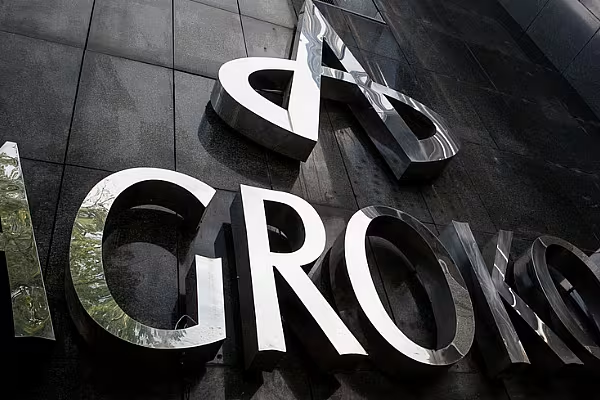The 'extraordinary administration' of troubled Croatian food and retail conglomerate Agrokor has published a monthly report outlining its views on the current state of the business.
According to the report, which was prepared by extraordinary Agrokor trustee Ante Ramljak, the administrators anticipate 'disposing of non-core assets throughout the balance of 2017', as part of the operational restructuring process.
The report notes that an 'an extensive exercise has been commenced by the company and its advisers to examine each of the over 100 entities within the group - it is clear that there are certain core business in the group and others which appear less relevant but also have to be dealt with'.
The administrators expect detailed plans around the areas of restructuring and disposals to be prepared by September 2017.
State Of Affairs
The report also offers a play-by-play account of the state of the business at the time that the extraordinary administration was convened, saying that as of 10 April, 'the bank accounts were practically empty and there was an obligation to pay the salaries by the 15th of the month, by which some 200 million HRK were provided and salaries were paid on time.'
It goes on to note that 'in just four days, a loan was secured by four local banks in the amount of 80 million Euros, thus providing resources for an emergency supply of retail locations with goods prior to the Easter weekend. By doing so, at the very last moment pre- conditions were created to secure continuity of business operations.'
The report also outlines the criteria by which suppliers that are owed money are to be paid, as well as make observations on the financial reporting structure of the group.
'Liquidity is inadequate in retail, and payments are directed towards critical and strategically important suppliers which leads to an increase of total matured obligations,' it says. 'When looking at the structure of obligations towards the suppliers, aside from the advance payments and the shortened payment periods, unmatured obligations towards suppliers have in general decreased.'
© 2017 European Supermarket Magazine – your source for the latest retail news. Article by Stephen Wynne-Jones. Click subscribe to sign up to ESM: The European Supermarket Magazine.














